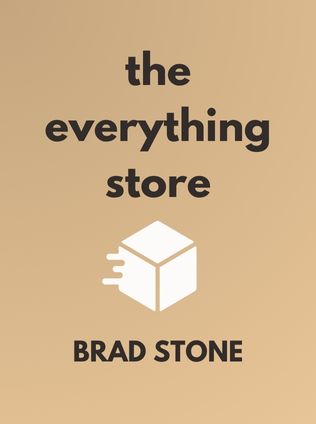
Now or Never
How Companies Must Change Today to Win the Battle for Internet Consumers
By Mary Modahl
Published 04/2001
About the Author
Mary Modahl, a visionary in the field of market research, serves as the vice president of research at Forrester Research Inc. With her extensive expertise in primary research, market analyses, and strategic guidance, Modahl has carved a niche in the area of electronic commerce. Her work has been instrumental in helping companies navigate the digital landscape, making her an authoritative voice on the subject. Her book, Now or Never: How Companies Must Change Today to Win the Battle for Internet Consumers, offers a comprehensive roadmap for businesses to succeed in the rapidly evolving internet economy.
Main Idea
The central theme of Now or Never revolves around the urgent need for companies to adapt to the internet to remain competitive. Modahl introduces the concept of Technographics, a tool developed by Forrester Research, to help companies understand and predict consumer behavior based on their attitudes towards technology. By leveraging Technographics, businesses can identify and target their online consumer base effectively. Modahl emphasizes the importance of creating a lasting internet presence through dynamic trade, building customer relationships, and adopting innovative business models to stay ahead in the digital era.
Table of Contents
- Understanding Internet Consumers
- Using Technographics to Target Internet Consumers
- Reaching Early Adopters
- The Battle for the Mainstream
- Avoiding the Laggard Trap
- Exploiting Internet Business Models
- Defying the Gravity of the Old Ways of Doing Business
Understanding Internet Consumers
The journey to winning the battle for internet consumers begins with understanding why, when, and how different people shop online. Modahl highlights that traditional demographic markers such as age, income, and education are not sufficient to predict online shopping behaviors. She illustrates this with the example of Mary and Sue, two women with seemingly identical backgrounds but vastly different attitudes towards online shopping.
"Understanding why, when and how different people shop online is the first step to winning the battle for Internet consumers." - Mary Modahl
According to Modahl, consumer attitudes towards technology are shaped by their experiences growing up and solidify over time. Younger generations tend to be more optimistic about technology, while older individuals are generally more pessimistic. Additionally, workplace exposure to technology can influence one’s comfort and willingness to adopt new technologies.
Income and Technology Adoption
Modahl cautions against assuming that higher income equates to higher technology adoption. While high-income individuals may own more technology, their attitudes towards using it can vary widely. High-income pessimists may possess the latest gadgets but seldom use them, whereas low-income optimists might find ways to engage with technology despite financial constraints.
- High-income optimists are already online and engaged.
- Low-income optimists find ways to connect, such as using public resources like libraries.
- High-income pessimists need encouragement to use technology actively.
- Low-income pessimists are the hardest to bring online and may never adopt the internet.
Technographics
Technographics, a concept developed by Forrester Research, classifies consumers based on three primary factors: attitude towards technology, income, and motivation to use technology. By understanding these factors, companies can predict which consumers are likely to shop online, when they will transition, and how to effectively target them.
Technographics divides consumers into technology optimists and pessimists, further segmented by their income levels and motivations. This classification allows businesses to tailor their strategies to different consumer groups, ensuring a more targeted and effective approach to reaching potential online shoppers.
Sign up for FREE and get access to 1,400+ books summaries.
You May Also Like
The Lean Startup
How Today's Entrepreneurs Use Continuous Innovation to Create Radically Successful Businesses
By Eric RiesThe Ride of a Lifetime
Lessons Learned from 15 Years as CEO of the Walt Disney Company
By Robert IgerThe Hard Thing About Hard Things
Building a Business When There Are No Easy Answers
By Ben Horowitz



















